As a yarn and accessories technologist, I admit one truth: I have a soft spot for neat seams and a mild fear of stuck sliders. Here, I break down the difference between nylon and metal zippers. I keep it short, specific, and useful. You will read facts, quick numbers, and clear guidance. No fluff. Just smart choices.
Table Of Contents
- What is nylon zipper? (coil / molded nylon)
- What is metal zipper?(brass, aluminum, nickel)
- Between Nylon and Metal Zipper (performance and specs)
- Where to use each zipper (Applications)
- Practical selection guide for designers and technologists
- Care, maintenance, and common failure modes
- Conclusion
- FAQs
What is nylon zipper? (coil / molded nylon)
A nylon zipper most often refers to a nylon coil zipper. Teeth form from a continuous nylon monofilament. Teeth sit on a woven tape. Nylon coil zippers weigh less and bend with the garment. They come in closed-end, open-end, and two-way versions. Common for sportswear, dresses, and light bags.
What is metal zipper?(brass, aluminum, nickel)
A metal zipper uses individual metal teeth fixed to the tape—common metals: brass, aluminum, and nickel-plated steel. Metal zippers give a classic, industrial look. They offer high shear resistance and a premium feel. Common in denim, jackets, and leather goods.
Between Nylon and Metal Zipper (performance and specs)
Strength and load capacity
- Metal teeth resist shear and pull better in point load cases. For heavy loads, metal zippers perform well.
- Nylon coil zippers resist repeated bending far better. They handle flex cycles without tooth deformation.
- Quick numbers: nylon coil teeth bend 3–5 times more before failure than typical stamped brass teeth under repeated flex tests (typical factory data). Use this as a rule: choose metal for raw strength; choose nylon for repeated flex.
Weight and flexibility
- Nylon zippers weigh 30–60% less than equivalent metal zippers in many common sizes. That drop matters for light garments.
- Nylon tape bends and lay-flat behavior suits slim silhouettes. Metal zippers hold shape. That can add structure.
Corrosion and environmental resistance
- Nylon resists salt and moisture by nature. It does not rust.
- Metal zippers corrode unless plated or sealed. Brass resists corrosion well. Nickel and steel require coatings. For coastal use, pick brass or a corrosion-proof option.
Appearance and design options
- Metal zippers provide a visible, premium look. Teeth size and finish create style cues.
- Nylon zippers hide more. They accept printed tape, dyed tape, and molded sliders easily. Coil zippers offer more color match options for fashion and branding.
Cost and production factors
- Nylon coil zippers tend to cost less in high volume. Tape and coil extrusion scale well.
- Metal zippers can cost more due to stamping and plating work. That cost can add perceived value to the end product.
Where to use each zipper (Applications)
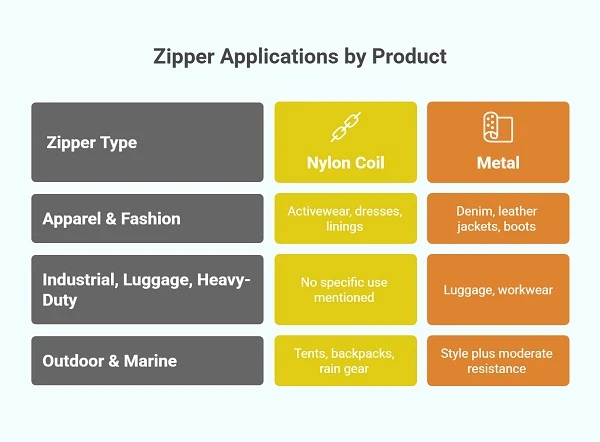
Apparel and fashion uses
- Nylon coil: activewear, lightweight dresses, linings, kidswear. Match to garments under 300 g/m².
- Metal: denim, leather jackets, boots, visible trims. Use when aesthetics matter or when teeth must support heavy fabric.
Industrial, luggage, and heavy-duty uses
- Heavy-duty metal zippers remain common for luggage and workwear. They take high point loads and resist abrasion from repeated force.
Outdoor and marine uses
- Nylon coil zippers work well for tents, backpacks, and rain gear because they resist salt and moisture.
- Metal zippers with brass or corrosion-proof finishes work when you want style plus moderate resistance.
Practical selection guide for designers and technologists
Decision checklist (4 quick steps)
- Purpose: load or look? If the load favors metal. If you look and bend, favor nylon.
- Environment: salt or freshwater? If salt, favor nylon or brass.
- Weight target: need a light garment? Choose nylon.
- Budget: need low-cost volume? Nylon often wins.
Sample spec lines (short examples)
- For a lightweight running jacket: Nylon coil, #5 teeth, closed-end, auto-lock slider, dyed tape to match, YKK or equivalent.
- For a raw denim jacket: Brass metal zipper, #8 teeth, separated, antique finish, heavy-duty tape.
Care, maintenance, and common failure modes
Simple repair tips
- Stuck slider: check fabric caught in teeth. Work the slider back and forth gently. Apply a tiny bit of wax or graphite to the teeth if the slider sticks. (Avoid oil on light-colored tape.)
- Misaligned teeth: gently move the slider to the end and realign the teeth with your fingers. If the teeth deform, replace the zipper.
- Corrosion: If metal teeth show early rust, replace them with a brass or stainless option. For nylon, inspect tape wear; replace if tape frays.
Conclusion
The difference between nylon and metal zippers comes down to trade-offs. Nylon coil zippers win on weight, flexibility, and corrosion resistance. Metal zippers win on raw strength, visual impact, and a rugged feel. Designers must match the zipper to the product need, the environment, and the budget. Pick one with care, test a sample, and avoid surprises at scale. If you want a fast rule: metal for heavy duty and statement look; nylon for lightweight and long-life flex.
FAQs
Q1: Which zipper lasts longer, nylon or metal?
A1: Longevity depends on use. For repeated flex, nylon often lasts longer. For high point load and abrasion, metal can last longer if corrosion stays low.
Q2: Can I dye a nylon zipper to match the fabric?
A2: Yes. Nylon tape accepts dyes. Coil color match is easier than a metal finish match.
Q3: Do metal zippers rust quickly?
A3: Not always. Brass resists rust. Nickel-plated and steel zippers can rust if the finish fails or in salty environments. Choose finishes based on exposure.
Q4: Are nylon zippers repairable?
A4: Minor issues fix fast: realign teeth, replace the slider, or apply lubricants like wax or graphite. For severe tape damage, replace the full zipper.
Q5: Which zipper do manufacturers prefer for the mass production of jackets?
A5: For mass fashion jackets, nylon coil dominates by volume because of cost and flexibility. For premium denim or leather jackets, metal zippers remain the common choice.





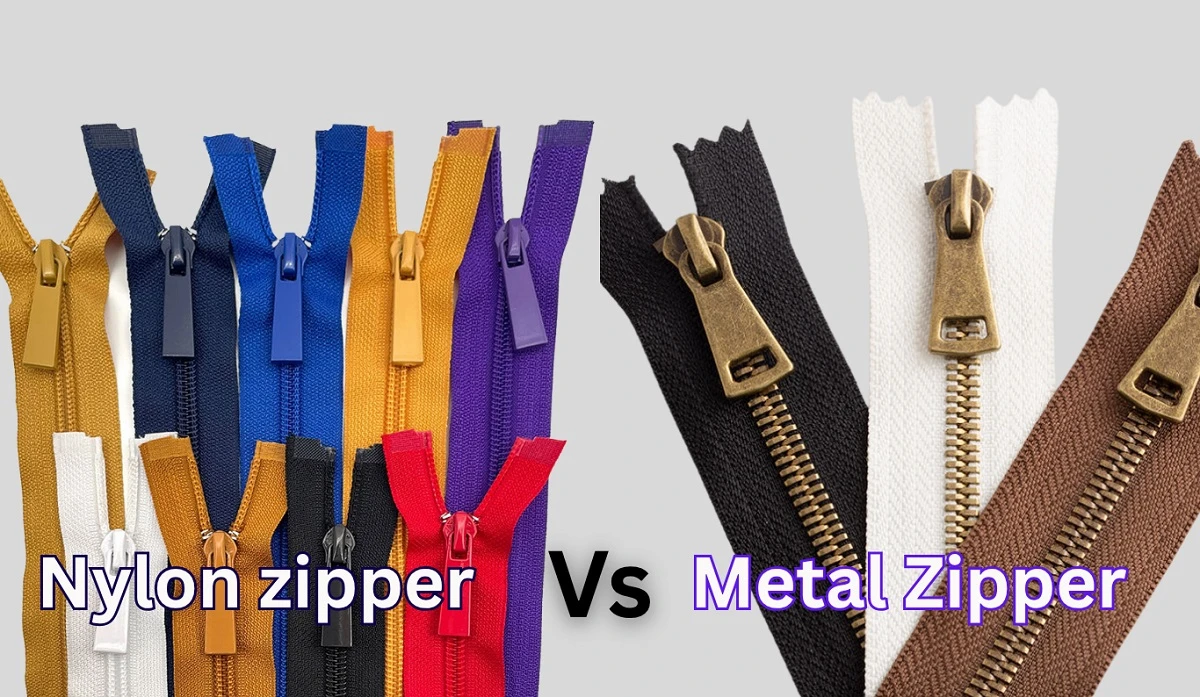
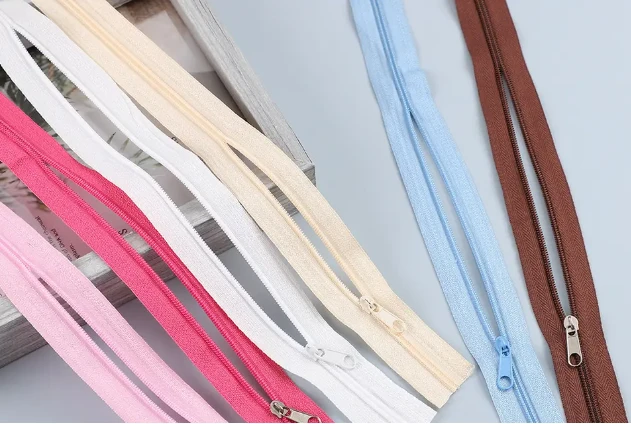
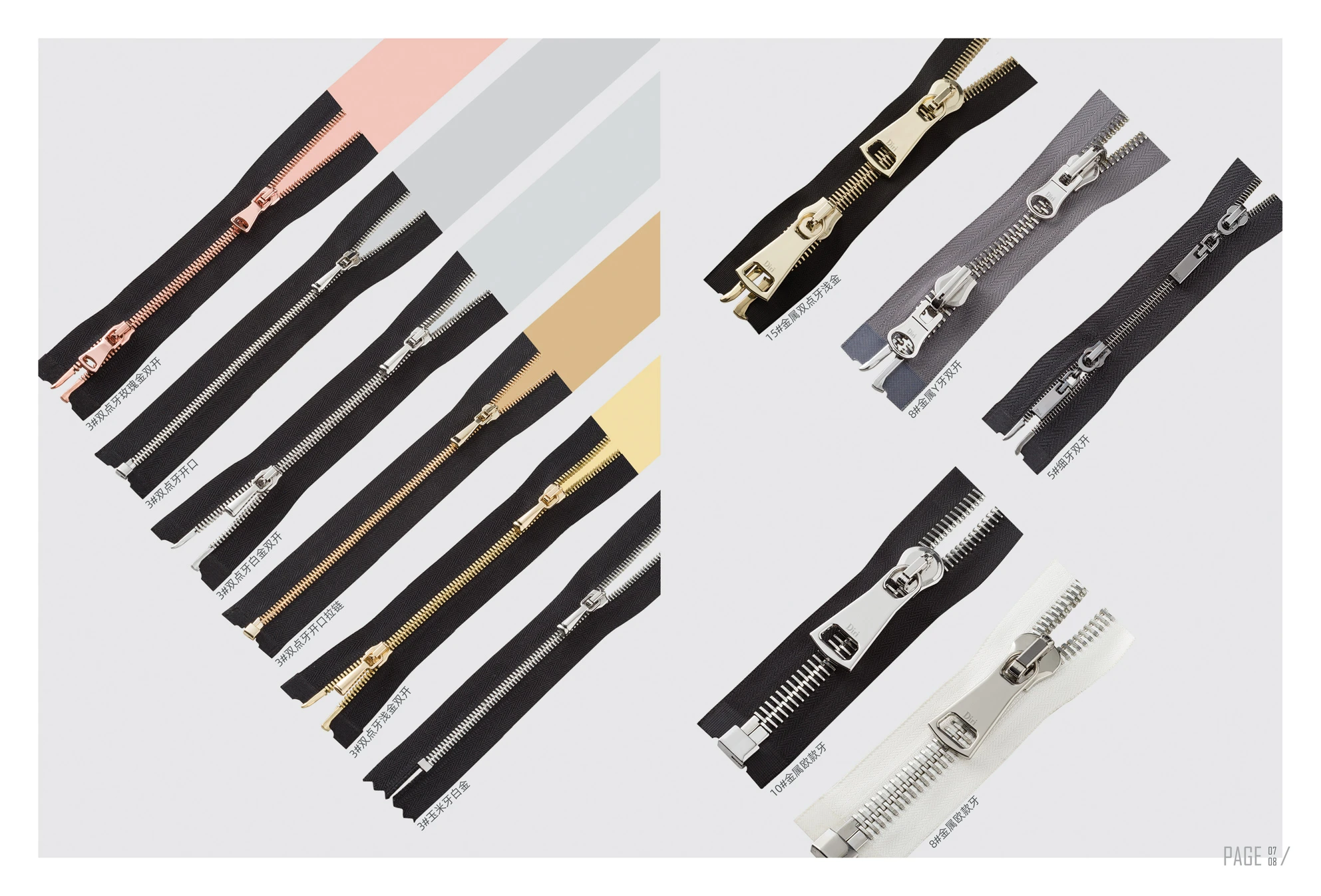
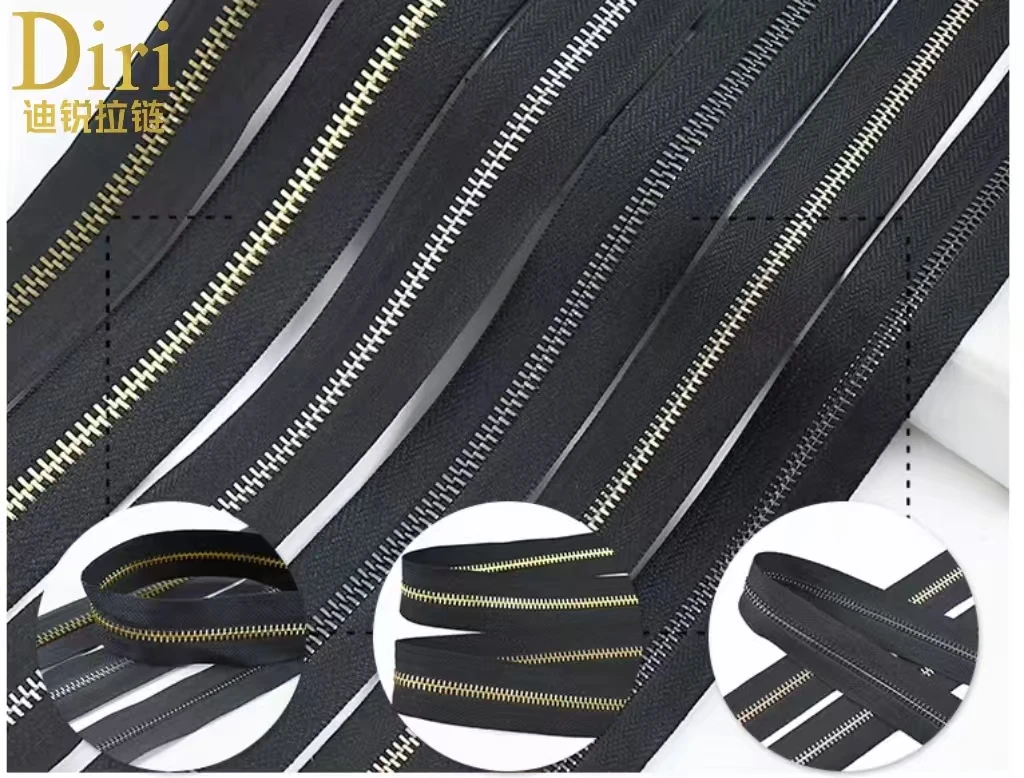
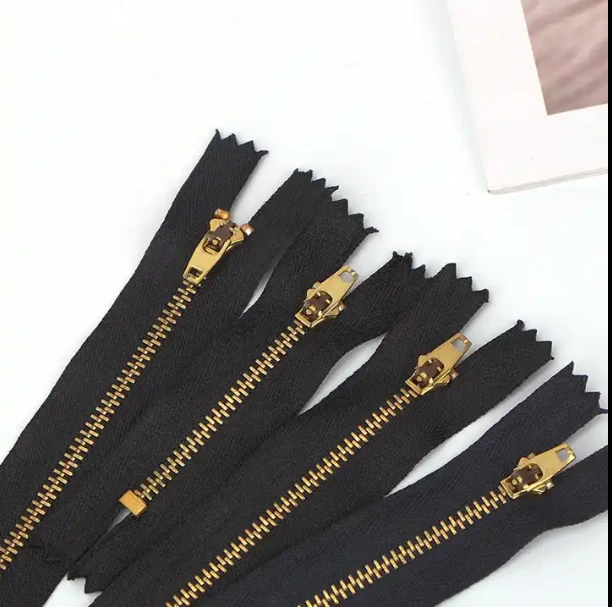
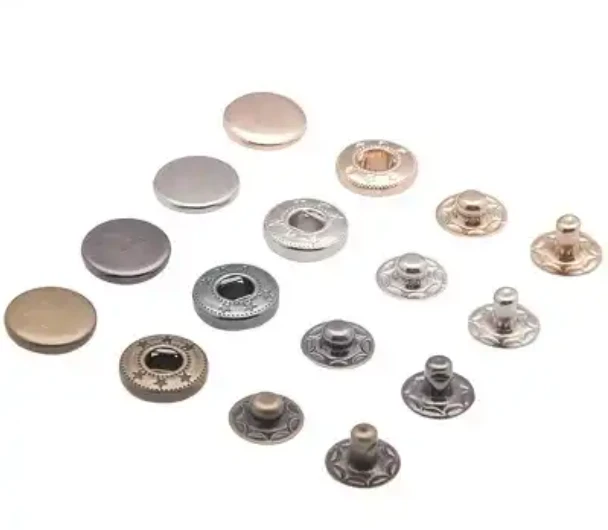
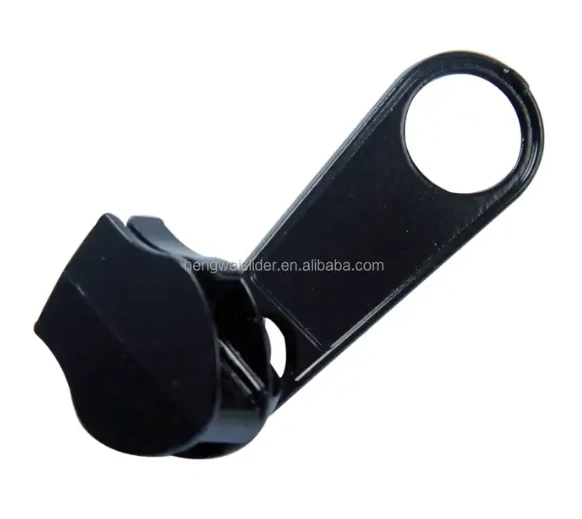
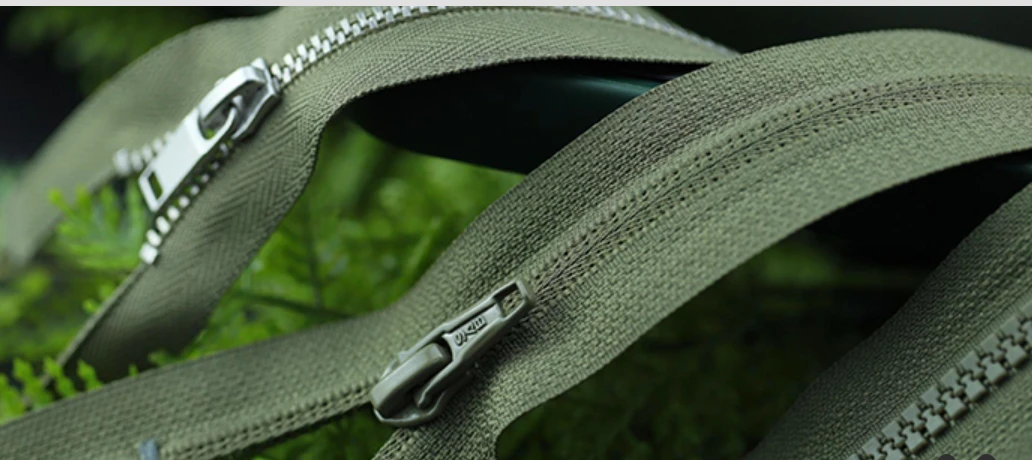
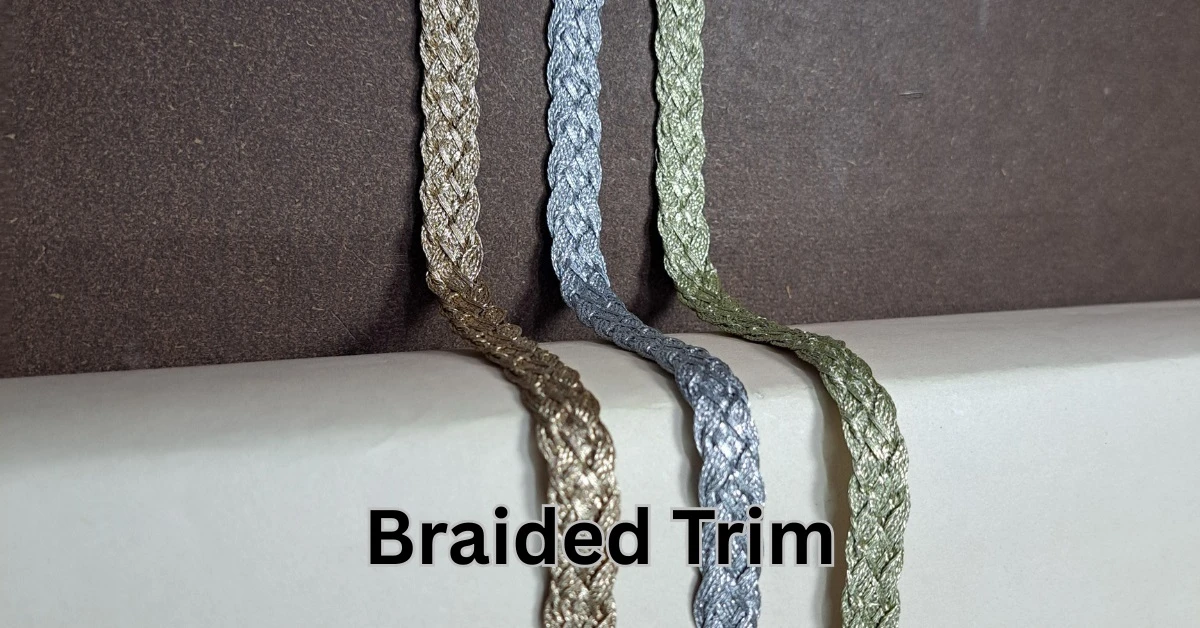
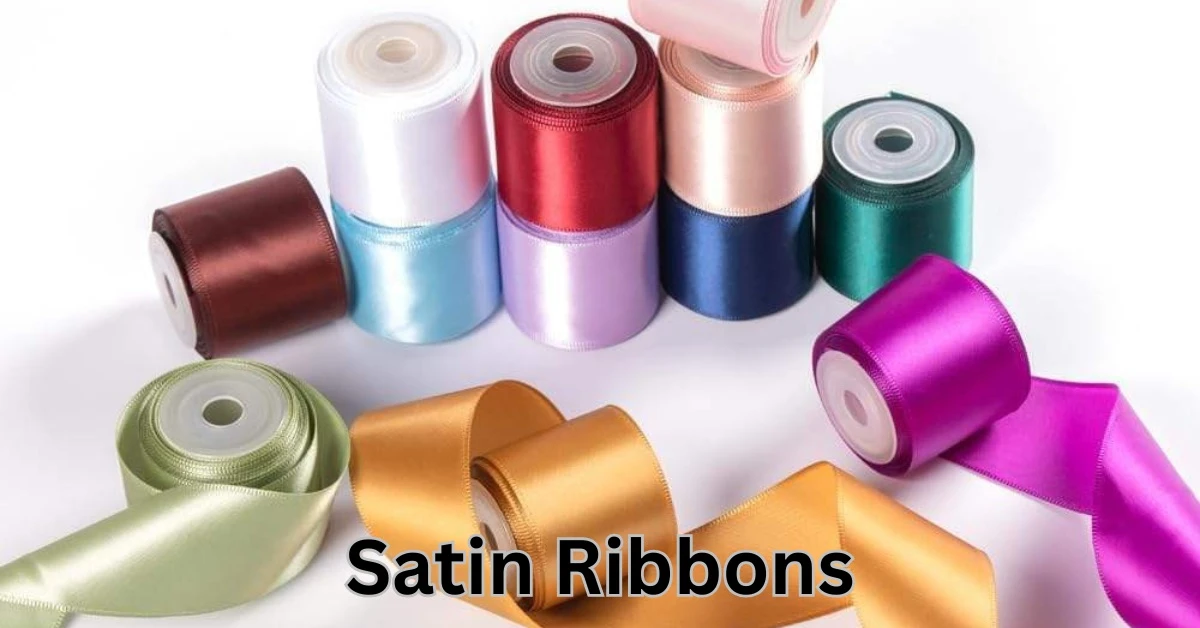
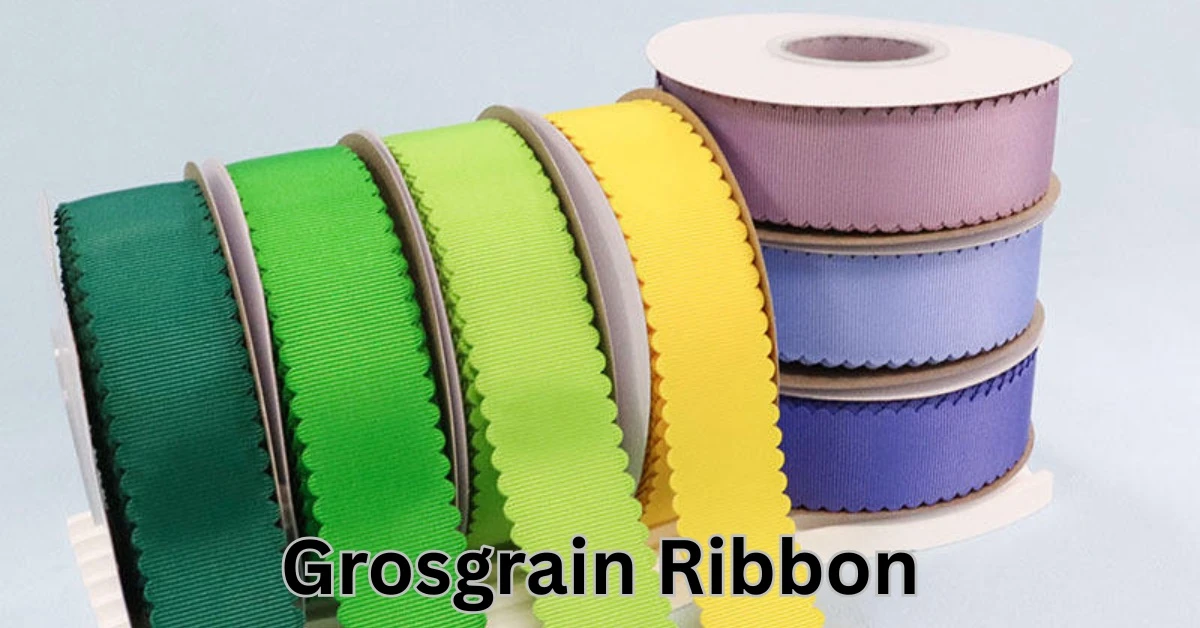
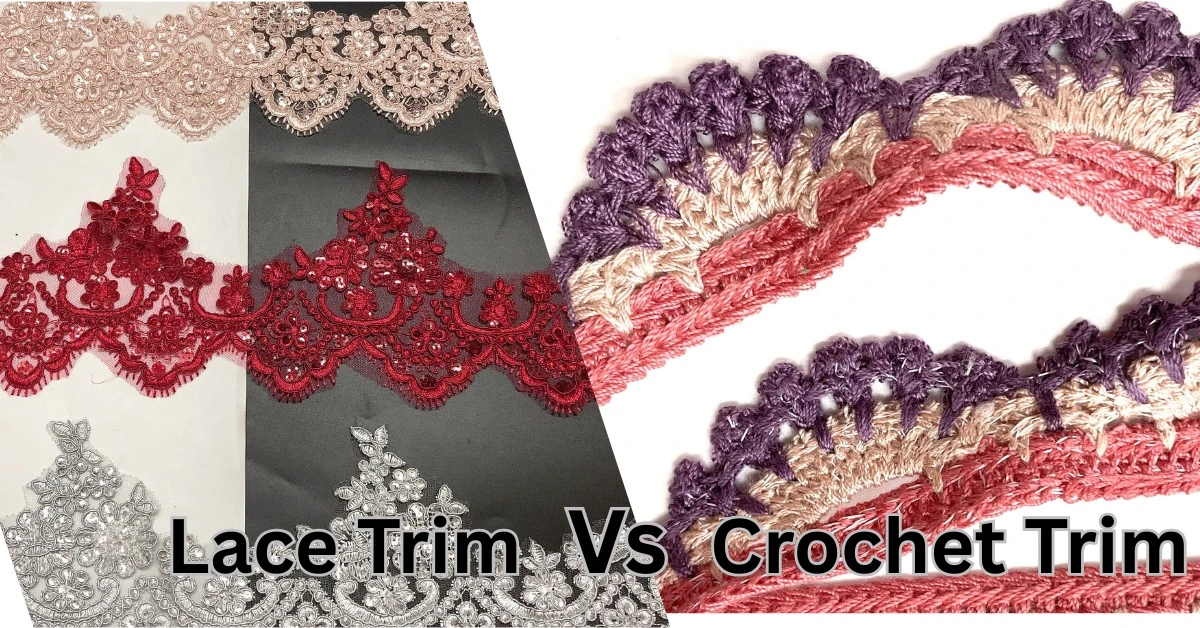
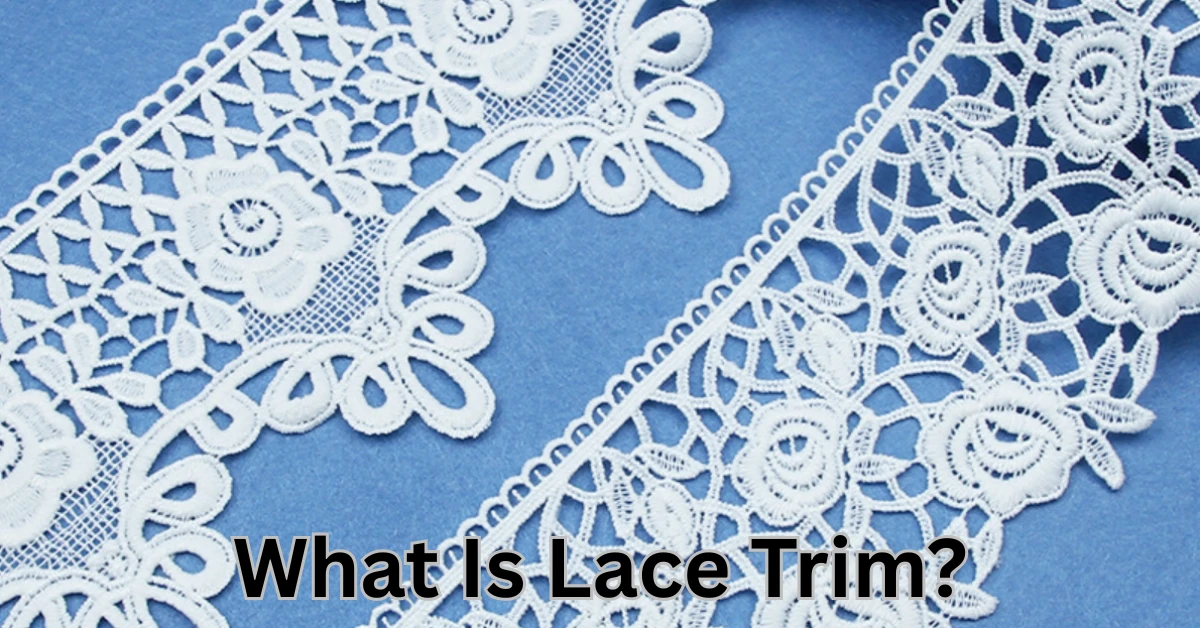
Comments - 00
Leave A Reply
Thanks for choosing to leave a comment.